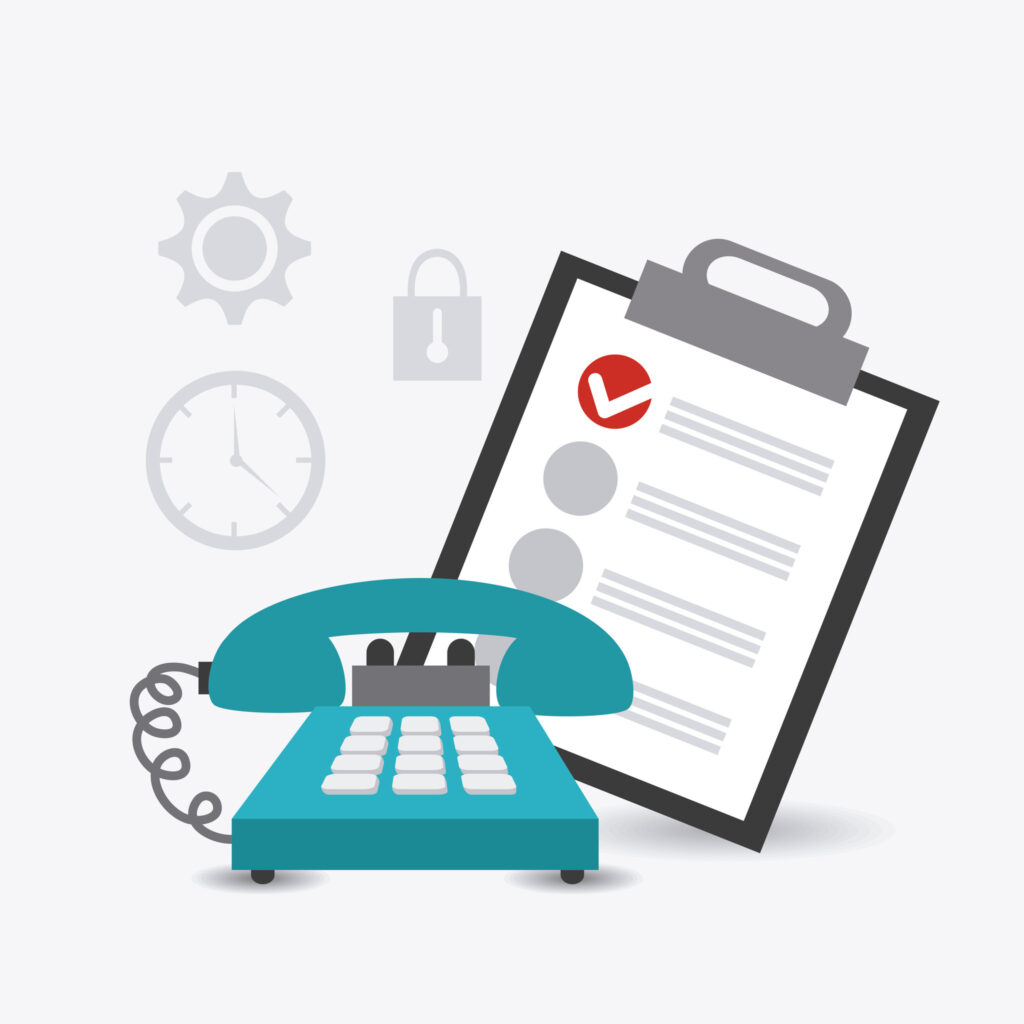
When Helpfulness Breaks Privacy Compliance
People drawn to work in healthcare are naturally helpful, and usually that’s a good thing. However, privacy needs to take priority.
A recent news story about a patient privacy breach underscores a risk that Canadian healthcare teams face every day: frontline staff making decisions under pressure—without a clear understanding of privacy obligations and consequences.
In this case, a woman successfully obtained someone else’s personal health information over the phone by impersonating them (poorly). Even though the caller provided the wrong date of birth, a healthcare staff member still fulfilled the request and disclosed someone else’s private health details.
This type of breach doesn’t stem from a lack of technology—it stems from a lack of basic privacy awareness and decision-making support.
What Went Wrong?
The staff member didn’t follow proper identity verification procedures. Even when the information provided didn’t match, they shared protected health information. The incorrect date of birth should have immediately raised a red flag, prompting further validation or ending the call without disclosing the requested information.
In healthcare, these “everyday mistakes” can have serious consequences for both patients and healthcare providers. Canada’s federal privacy legislation, PIPEDA, lists nine types of harm patients can suffer if their information is breached.
Why Privacy Principles Matter More Than Just Policies
In Canada, healthcare professionals—from intake staff to clinicians—are responsible under legislation like Alberta’s Health Information Act (HIA) or Ontario’s PHIPA to protect patient information and prevent breaches at all levels. But privacy compliance isn’t just about having policies on file. It’s about ensuring that every team member understands and applies privacy principles in real situations.
Those principles include:
- Verifying identity before disclosing any personal information
- Validating an individual’s right or authority to receive private information
- Understanding which information needs to be protected
- Understanding how to safeguard protected information
Without this understanding, staff may unintentionally cause a patient privacy breach, even when trying to do the right thing.
How Brightsquid Privacy Breach Prevention Training Helps
Brightsquid’s Privacy Breach Prevention Training is built for healthcare teams in Canada. It goes beyond explaining legislation to deliver practical, role-specific guidance that prepares staff to:
- Make confident, compliant decisions during patient interactions
- Recognize everyday privacy risks—on the phone, in email, or at reception
- Reduce the chance of human error through strong privacy habits
The training uses real-world examples and is aligned with Canadian privacy law, including Alberta’s HIA and national best practices.
A Preventable Breach—And a Teachable Moment
The incident in the article above could have been prevented with a basic understanding of privacy obligations and the confidence to follow them. These types of situations occur regularly in clinics, and too often go unnoticed until it’s too late.
That’s why privacy training should be seen not as a formality, but as a clinical safety tool—one that protects patients, clinics, and care teams.
Help Your Team Make the Right Call
Brightsquid Secure-Mail subscribers in Canada already have access to Privacy Breach Prevention Training at no extra cost. It’s designed to equip your team with the judgment and tools they need to avoid becoming the next headline.
Organizations that aren’t subscribed to Brightsquid services yet can still access the training for their teams. Learn more about training access or log in to your Brightsquid account to get started toward preventing patient privacy breaches.